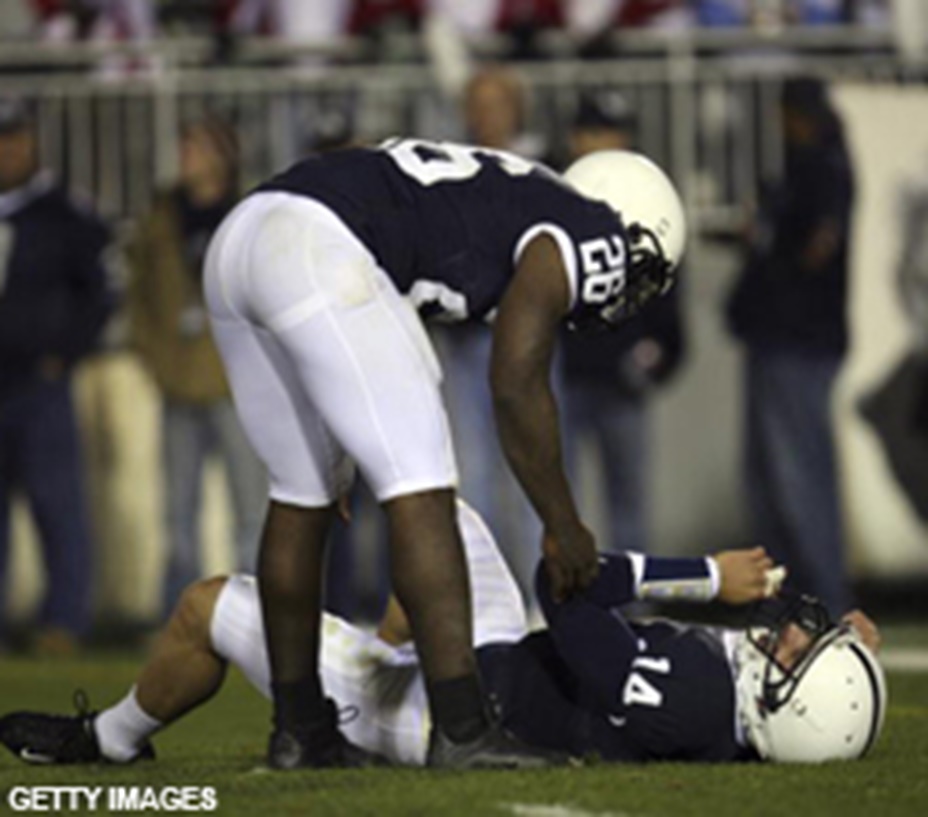The NCAA in partnership with the U.S. Department of Defense has launched a three-year, $30M project to "track the effects of concussion using data from as many as 37,000 student athletes," according to Jo Craven McGinty of the WALL STREET JOURNAL. NCAA Exec VP/Regulatory Affairs Oliver Luck said that the study is "one of several new NCAA-backed 'big data' projects." Other efforts include "mandating schools to report to the National Center for Catastrophic Sport Injury Research and conducting summits to examine injury, recovery and optimal training data related to a particular sport." Luck said, "It’s a fairly significant shift in the way the NCAA would like to look at issues." McGinty wrote in the case of concussions, it also is a "tacit acknowledgment the NCAA must address a problem that has led some athletes to sue and caused others to quit their sport rather than risk injury." Last year, the NCAA agreed to pay $75M to "settle a class-action lawsuit over concussion-related claims." The new study aims to "document the effects of concussion from onset through full recovery, providing the NCAA with the scientific evidence it says it lacks." Indiana Univ., the Univ. of Michigan and the Medical College of Wisconsin are "coordinating the study, which will include student-athletes attending the Army, Navy, Air Force and Coast Guard academies and about 30 different NCAA schools." All NCAA-sanctioned sports "will be included." Athletes "must consent to participate and may opt out at any time." Additionally, the Univ. of North Carolina, UCLA, Virginia Tech and the Univ. of Wisconsin "will participate in advanced research of athletes who play football, soccer, ice hockey or lacrosse -- sports with a high incidence of concussion" (WALL STREET JOURNAL, 4/18).
THE PRICE IS WRONG: The AP's Michael Tarm reported attorney Jay Edelson on Friday told U.S. District Judge John Lee that a reworked class-action head-injury settlement with the NCAA "is as bad as the one the judge rejected in December -- though other attorneys defended it." The hearing in U.S. District Court in Chicago, where around 10 similar suits nationwide were consolidated into the one case, was the "first since the new proposed agreement was unveiled" last week. Lee "raised several concerns," including that the $70M the NCAA pledged to set aside to test current and former athletes for signs of brain injury "might be too little." Around 4.4 million former or current athletes who played contact and non-contact sports in college "could apply for the NCAA-funded testing, which was the core feature of both the original proposal and the new one." Edelson told reporters outside the courtroom on Friday that the proposed settlement "gave the false impression that the NCAA was taking decisive steps to resolve the concussions issue" (AP, 4/17).
HEART OF THE MATTER: NCAA Chief Medical Officer Brian Hainline on Friday said that he will "back off a plan to recommend a mandatory heart test for athletes at higher risk of cardiac death because of an outcry from university team doctors who oppose the practice." Hainline last month said that he was "preparing to recommend that some groups of athletes, including male basketball players, be required to undergo an EKG test to search for cardiac defects." The WALL STREET JOURNAL's Sharon Terlep noted schools "wouldn’t be obligated to follow such a recommendation." But legal experts and school officials said that "declining to do so could place a school at risk of legal exposure if an athlete fell dead." Hainline said that he "still hoped to get in place an NCAA recommendation for mandatory screening of athletes." But instead of unilaterally making the call -- a strategy he "hoped would help sidestep the NCAA’s bureaucracy -- he will work to address critics’ concerns and to get support from the broader medical community" (WALL STREET JOURNAL, 4/18).




